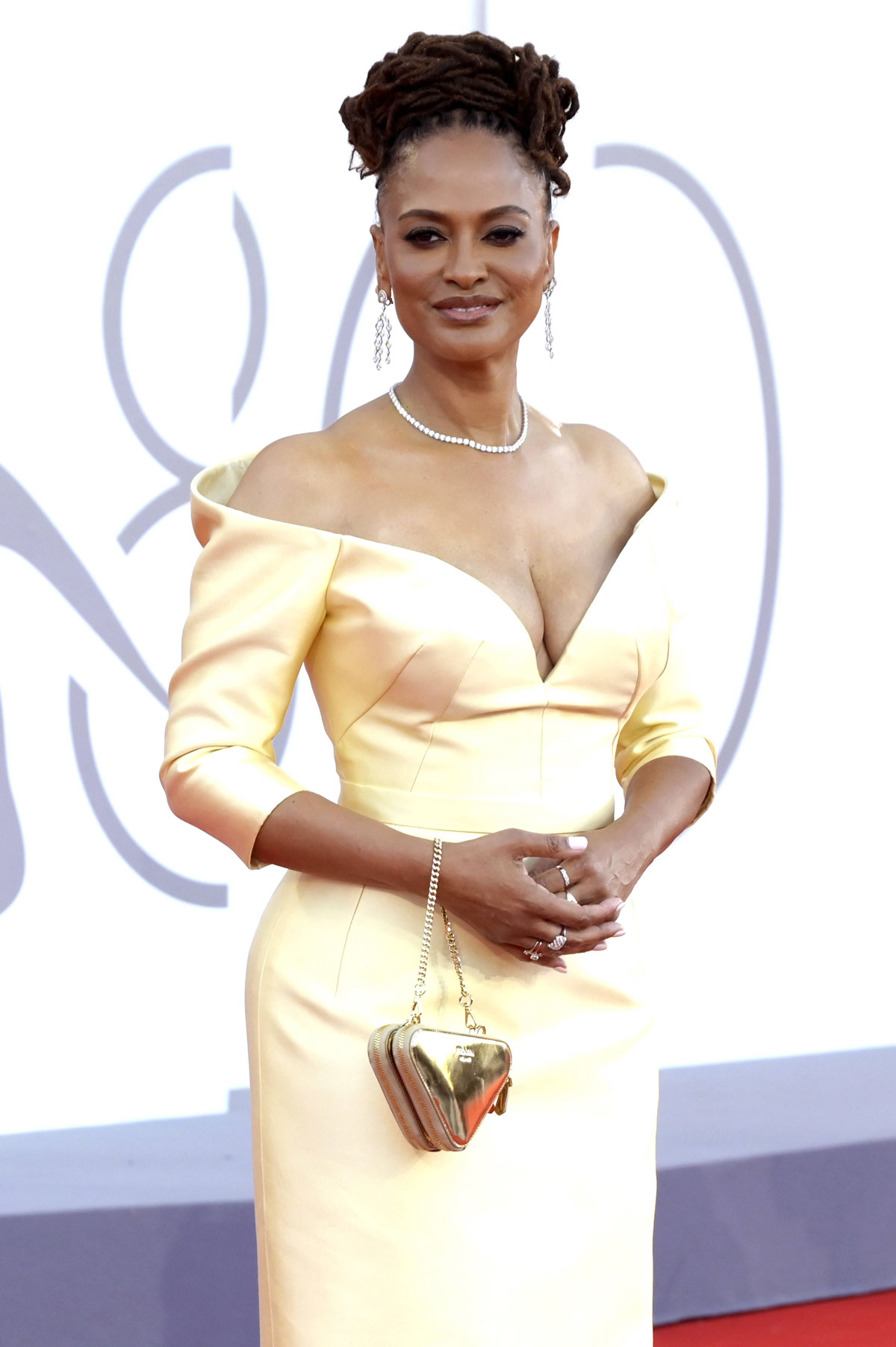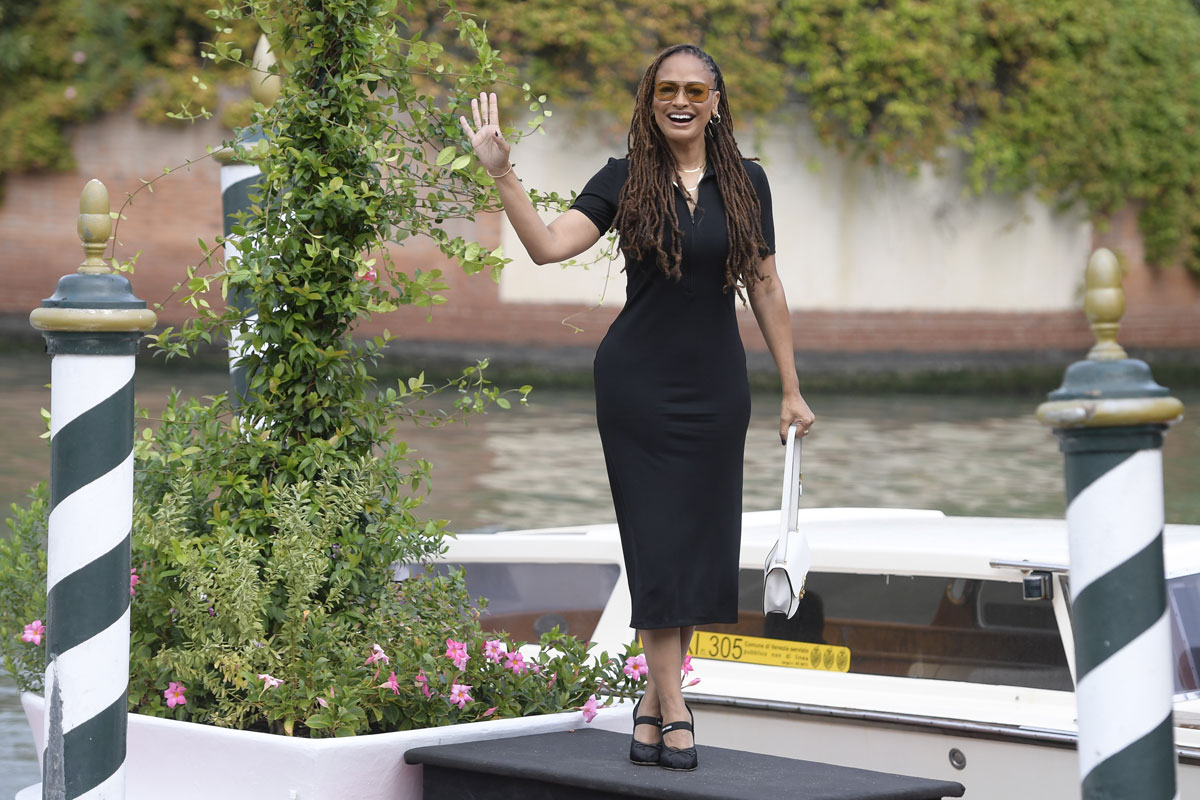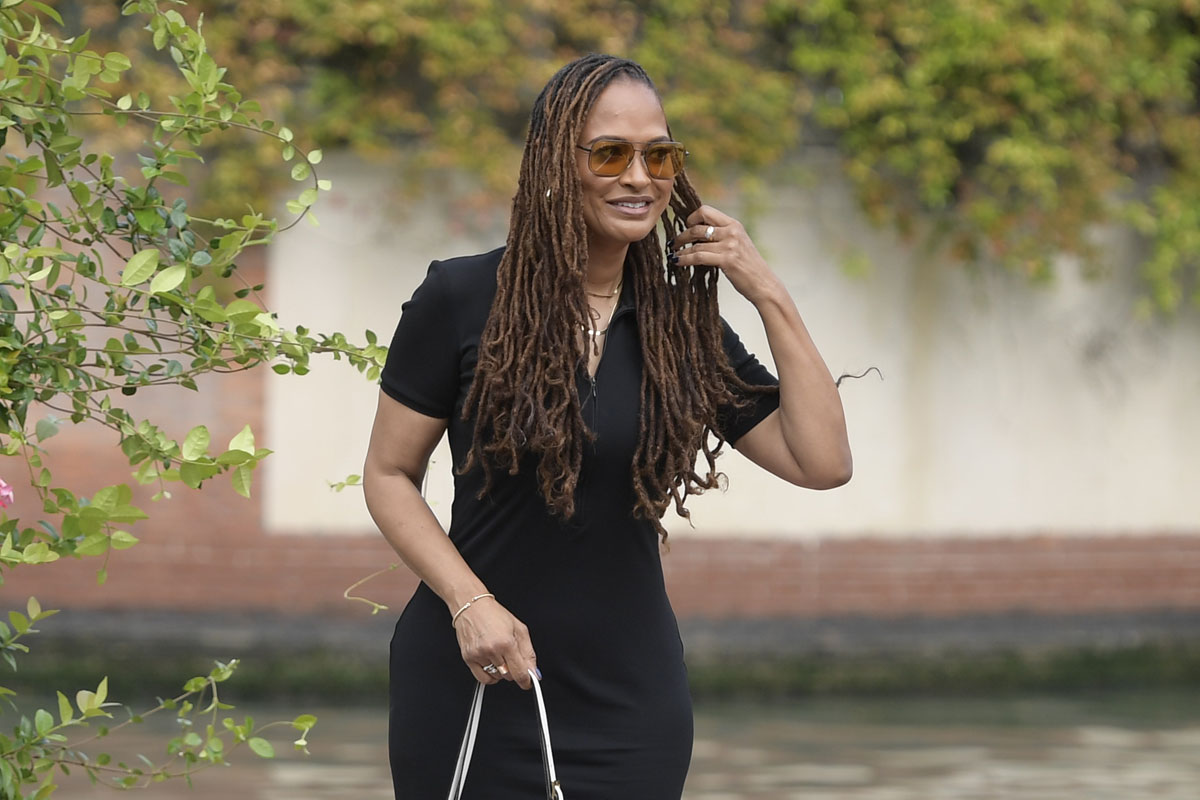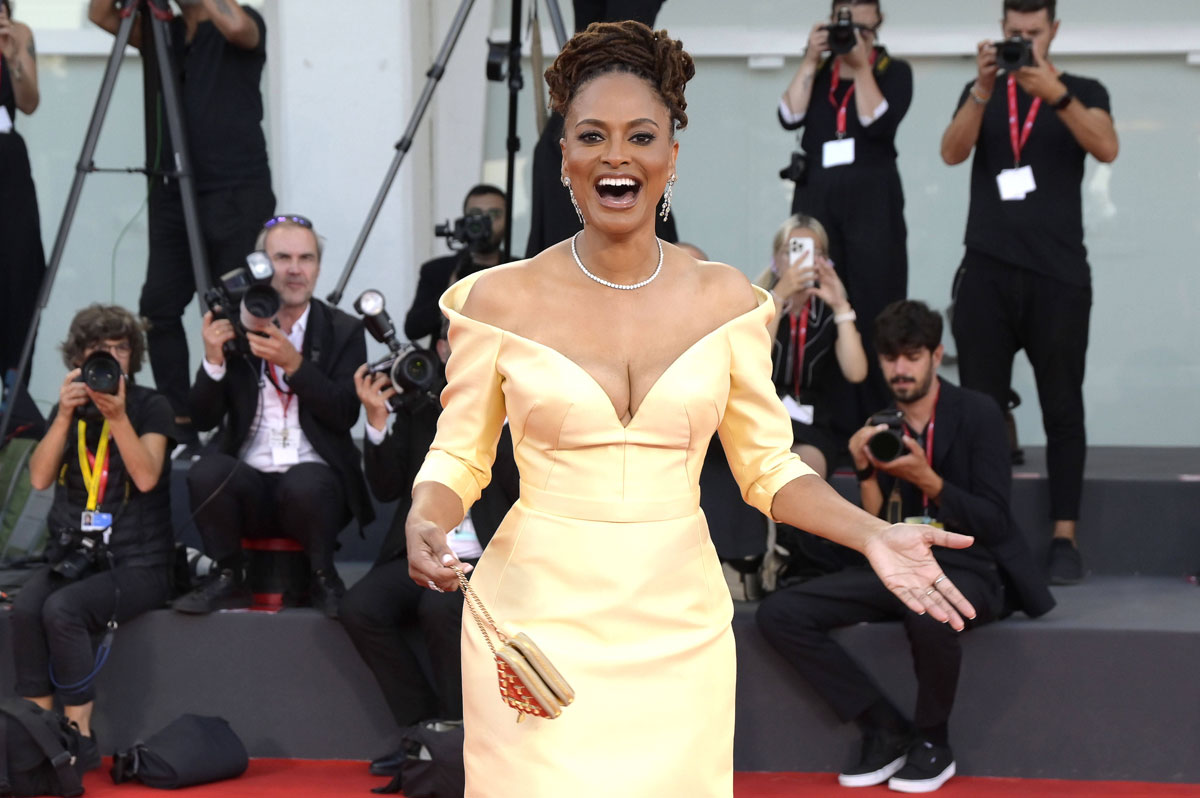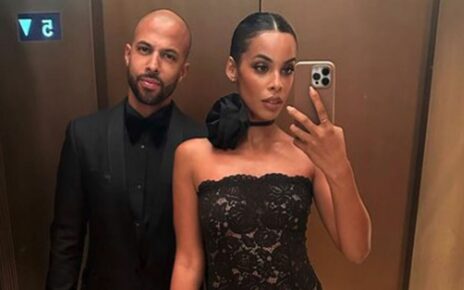The Oscars and the Golden Globes get a lot of flack for being toxic and prejudiced and that reputation is well earned. This is especially the case for Black women filmmakers and showrunners. As a recent example, The Woman King, directed by Gina Prince-Bythewood, was shut out from the Oscars this year despite being a critical and commercial hit. And in 2021, the HFPA rejected Shonda Rhimes’ requests for press conferences about Bridgerton until it became a surprise hit. In 2019, Ava DuVernay sat through a press conference for When They See Us where only 20 of the 87 HFPA members showed up and none of them had watched the series. But some of the European film festivals like Cannes and Venice are just as bad as the American awards ceremonies. The European festivals still give premieres, awards and standing ovations to the Roman Polanskis and Woody Allens of the world, while ignoring films from BIPOC filmmakers. Ava DuVernay’s upcoming movie Origin was selected to premiere at Venice and it’s the first time in the festival’s eighty year history (!) that they are including a film directed by a Black woman. At a press conference, Ava admitted that people told her not to bother applying to the festival at all because she “won’t get in.” She was told that people in other parts of the world don’t care about stories from BIPOC directors or perspectives. But she hopes this is a door that the festival will “keep open.”
At the Venice Film Festival press conference for Ava DuVernay’s new film “Origin” on Wednesday, the director revealed that she has previously been told not to apply to the festival because “you won’t get in.”
DuVernay is making history this year as the first African American woman in the festival’s 80-year existence to have a film compete for the Golden Lion. “Origin,” starring Aunjanue Ellis-Taylor and Jon Bernthal, “chronicles the remarkable life and work of Pulitzer Prize-winning author Isabel Wilkerson as she investigates the genesis of injustice and uncovers a hidden truth that affects us all,” according to the film’s official synopsis.
“For Black filmmakers, we’re told that people who love films in other parts of the world don’t care about our stories and don’t care about our films. This is something that we are often told: you cannot play international film festivals, no one will come,” DuVernay said. “People will not come to the press conferences, people won’t come to the P&I screenings. They will not be interested in selling tickets. You might not even get into this festival, don’t apply. I can’t tell you how many times I’ve been told, ‘Don’t apply to Venice, you won’t get in. It won’t happen.’ And this year, something happened that hadn’t happened in eight decades before: an African American woman in competition. So now that’s a door open that I trust and hope the festival will keep open.”
[From Yahoo]
This is one of the things that drives me nuts about Hollywood. The industry presents itself as being progressive, but it never really has been. It’s apparently similar in Venice. I’m not shocked it took this long for them to include a film directed by a Black woman, but it is discouraging. Being so racist and exclusionary is a dumb financial decision for studios and power brokers in the film industry. Like…do they not realize that diverse films like Black Panther and Parasite have done well and made money and made a cultural impact? On a global scale? I’m really happy this happened for Ava, because she has a track record of excellence and her work deserves to be recognized. But this also comes after she has been well-established in the industry and is one of a small number of name-brand directors who is not a white man in his seventies. If she had applied even five years ago, with a little less experience or name recognition, they probably wouldn’t have let her in. Though I share Ava’s hope that this is the start of a new trend prioritizing BIPOC filmmakers, I’m also skeptical that it will continue.
photos credit: IMAGO/Anna Maria Tinghino / Avalon
Source: Read Full Article
